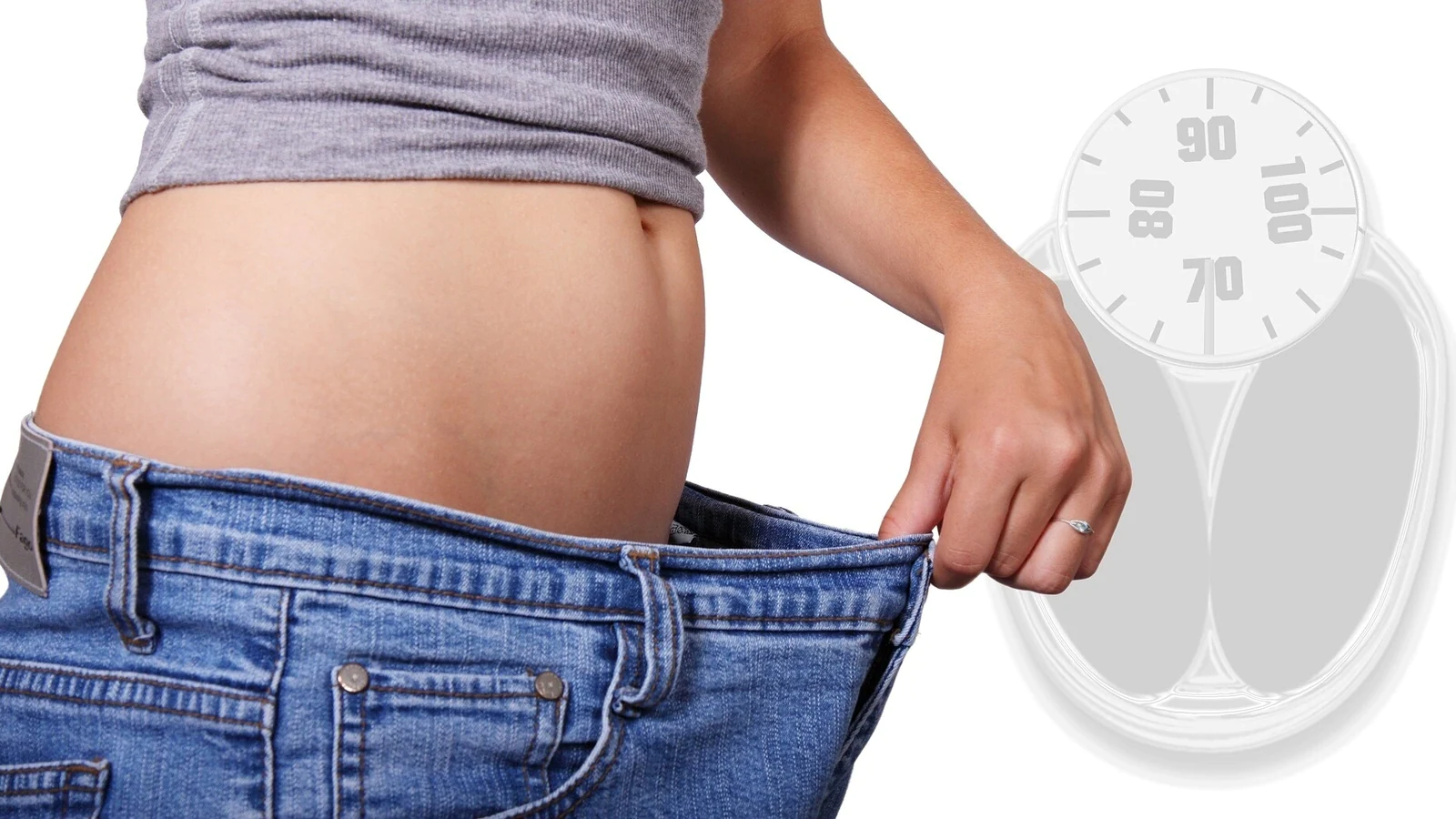It is important to get the right weight for your body. If you are underweight, you need to visit your GP. Otherwise, a combination of exercise and diet is the best way to lose weight. It is also important to avoid overeating. Your BMI cannot differentiate between excess fat and muscle or bone. Hence, it is important to get your body’s needs assessed before you embark on a weight loss program. A healthy diet is essential for a healthy body, so you should make sure you understand what your weight should be.
If you can’t stick to a diet plan, journal your food intake. By writing down your thoughts and feelings, you can better understand what triggers you to eat. In addition to this, you can also monitor your body signals. Understanding your eating habits will help you change them. Instead of eating out of boredom, try to think of other coping mechanisms for emotional eating. These alternative coping mechanisms can change your eating habits forever.
Adding more vegetables to your daily diet can also help you lose weight. Eating vegetables not only fills you up but also provides a great source of fiber and water. You can also add more vegetables to your breakfast by using a low-fat version. You can also use extra vegetables in your breakfast by using vegetable bean dips instead of fatty ones. You can even add extra veggies to omelets to make them a healthier choice.
Another important tip for losing weight is to drink plenty of water. Drinking water will help you feel fuller and less likely to eat more food than you burn. It will also help you lose weight when combined with drinking tea. This tea comes in white, black, or green. Tea is linked with a lower BMI and body fat. For those who are afraid to drink tea, try using a calorie-counting app. And remember to weigh yourself every day.
It is important to keep unhealthy treats out of your reach. Many foods contain calories, sugar, and starch that are detrimental to your health. You should try to avoid eating these foods if you want to lose weight. Then, you can replace them with healthy snacks. Keep a healthy snack box in your car or desk drawer. You can eat more healthily if you make better choices. If this seems difficult, talk to your doctor to get a prescription.
When shopping for food, keep your list of essentials in mind and limit yourself to the list you need. This will help you stay on track of what you need and avoid impulse purchases. Don’t confuse thirst and hunger. Drink a glass of water first if you’re hungry. It will help keep you hydrated and less tempted to grab something unhealthy. If you’re not careful, you may end up with a binge-worthy situation.
Make meal plans for the week. Try freezing grapes for bite-sized snacks. You can also use popsicle molds to freeze Greek yogurt with berries. You should also record your daily calorie intake, servings of fruits and vegetables, the amount of exercise you get, and your overall mood. Keeping track of your behaviors will provide a valuable source of data for your healthcare provider. One day of strict dieting will not result in measurable changes in your weight.
Walking is another great way to lose weight. You can burn more calories by walking instead of driving. Avoid sitting for long periods of time – it can lead to health problems, including heart disease. Also, you should listen to your body’s hunger cues. Pay attention to them so you’ll be able to eat intuitively and lose weight. If you’re eating at a time when you’re not hungry, you’re more likely to overeat and end up making poor food choices.
Instead of a scale, try using a tape measure to track your calories. Try to avoid snacks that contain more than four grams of sugar per serving. Instead of ice cream, try to stick to a protein-rich snack. You can also try eating healthy foods like eggs and vegetables. For a healthy meal, you should start with three to five different coloured vegetables and a protein source. Then, you should add 25 to 30 grams of protein to the remaining portion of the plate.
If you skip breakfast, you may be missing out on a good breakfast. Skipping this meal can cause a number of negative effects, such as nutritional deficiencies or an increased appetite. Eating breakfast will also help you burn calories quicker and cut the temptation to snack on unhealthy foods throughout the day. Fruits and vegetables are also low in calories and fat. This way, you can eat more of your favourite foods in the morning. So, get in the habit of eating breakfast each day and enjoy the fruits and veg.



